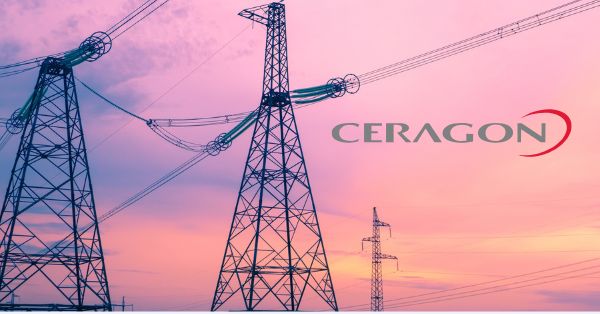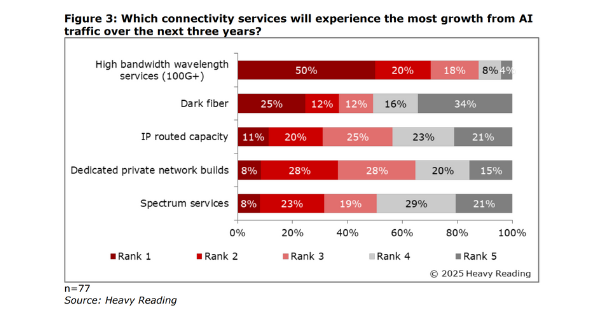The Indian telecom industry is poised for significant growth, with projections suggesting that its gross revenues could reach approximately Rs 4 lakh crore by 2026. This optimistic forecast was shared by Manish Sinha, a representative from the Department of Telecommunications (DoT), during the recent #5GCongress. Sinha highlighted the industry’s resilience, noting its ability to emerge successfully despite various challenges over the past three decades.
Key Growth Drivers Behind Private 5G in India’s Telecom Sector
The anticipated increase in revenue for the Indian telecom sector can be attributed to several key factors. Firstly, the widespread adoption of advanced technologies like 5G is expected to play a crucial role. 5G technology promises higher speeds, reduced latency, and the capacity to connect more devices simultaneously, which are essential for powering a range of applications from industrial automation to enhanced mobile broadband experiences.
How Private 5G in India Is Powering Industry 4.0 and Automation
5G technology is not just about faster consumer-grade internet speeds; it also holds significant potential for industrial applications. The advent of 5G is set to be a cornerstone for realizing Industry 4.0, where automation, artificial intelligence, and real-time data exchange come together to create more efficient, responsive, and automated manufacturing processes. Private 5G networks, in particular, are expected to be a game-changer, providing the necessary infrastructure for secure, reliable, and ultra-fast data transmission within industrial environments.
How Private 5G in India Is Transforming Manufacturing and Operations
Private 5G networks offer tailored connectivity solutions for specific organizational needs, bypassing the limitations of public networks in terms of customization, latency, and bandwidth. Industries such as manufacturing, logistics, and healthcare can benefit immensely from private 5G deployments. These networks facilitate enhanced machine-to-machine communication, improved operational efficiency, and reduced downtime. Furthermore, they enable the implementation of cutting-edge technologies such as augmented reality (AR) for training and virtual reality (VR) for simulations, significantly enhancing precision and productivity in complex operational environments.
Government Support for Private 5G in India: Policies and Spectrum Allocation
Government bodies and regulatory authorities like the Department of Telecommunications (DoT) play a pivotal role in the rollout of 5G by allocating spectrum, framing policies, and ensuring compliance with international standards. Their support is crucial in fostering an environment conducive to growth and innovation in the telecom sector. Additionally, initiatives aimed at promoting local manufacturing of telecom equipment under the ‘Make in India‘ campaign are expected to further boost the sectors growth and contribute to achieving the revenue targets set for 2026.
Private 5G in India: Opportunities and Challenges for 2025 and Beyond
While the future looks promising for the Indian telecom industry with the advent of 5G, several challenges need addressing to fully capitalize on this technology. These include ensuring widespread coverage, making 5G services affordable, and handling the massive data generated through increased connectivity. Moreover, cybersecurity remains a critical area that needs robust measures as more devices get connected and the risk of data breaches grows.
In conclusion, the Indian telecom industry is on the brink of a transformative era, driven by the deployment of 5G and the integration of technologies enabling Industry 4.0. As the sector moves towards the Rs 4 lakh crore revenue mark by 2026, continuous innovation, supportive government policies, and addressing the existing challenges will be key to sustaining growth and leveraging the full potential of 5G for economic and societal benefits.































